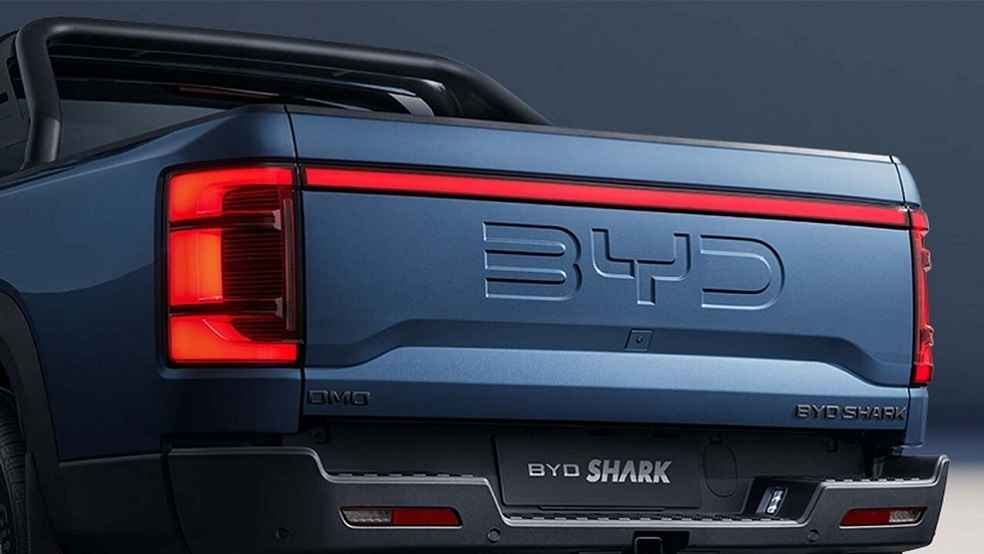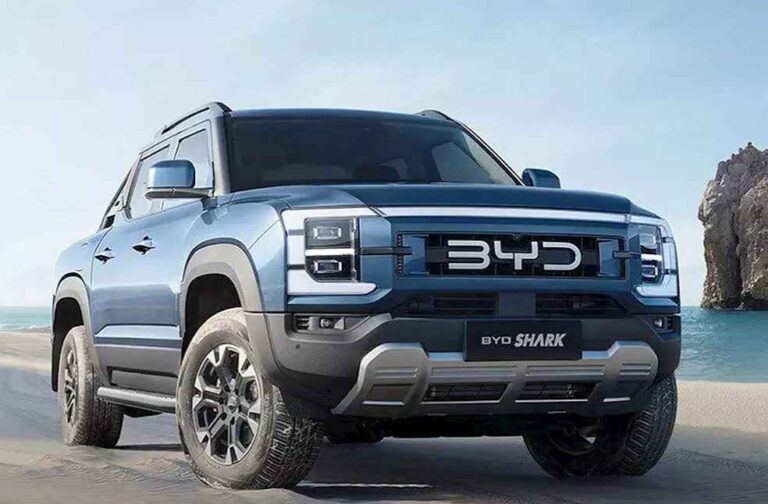As U.S. tariffs on Chinese-made electric vehicles escalate, Mexico emerges as a receptive market for these innovative imports. China’s BYD, a leading electric vehicle manufacturer, recently showcased its latest venture—the Shark plug-in hybrid truck—at a well-attended ceremony in Mexico City.
This introduction marks BYD’s first vehicle launch outside China, signaling a major stride in its global strategy. The truck, currently exclusive to the Mexican market, is slated for future release in Australia, Brazil, and Europe.
The BYD Shark will challenge major players like the Ford Ranger PHEV, Toyota Hilux, and Chevrolet S-10. It boasts an electric range of 100 kilometers and an overall travel capability of 840 kilometers using both electric and combustion power.

The vehicle’s debut coincided with U.S. President Joe Biden’s decision to quadruple tariffs on Chinese EVs to 100 percent—a move reflecting intensified trade frictions and potentially reshaping manufacturing dynamics across North America.
Dr. Enrique Dussel, an economist and expert on China-Mexico trade relations, commented on the competitive disruption caused by Chinese EV makers. “China is displacing and beating out the competition among other carmakers – Chrysler, General Motors, and European and Japanese vehicles. Among electric vehicles, which is still a fairly small niche in Latin America and Mexico, China is omnipresent,” Dussel observed.’

Analysts suggest that heightened U.S. tariffs could expedite Chinese auto manufacturing in locales such as Mexico and Vietnam. Responding to the shifting trade landscape, BYD is contemplating the construction of a new manufacturing plant in Mexico, anticipated to materialize within a few years.
This strategic move by BYD, alongside the changing tariff environment, signifies a significant transformation in the global auto industry, underscoring a growing market for EVs in Mexico and potentially altering the competitive dynamics within the automotive sector globally.
AUTO TECH | Isuzu, Gatik Partner with $30M Deal for North American Autonomous Logistics





